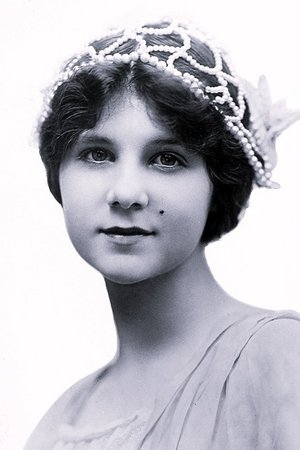Gladys Hulette (1896-1991)
Birthplace:
Arcade, New York, USA
Born:
July 21, 1896
Died:
August 8, 1991
From Wikipedia Gladys Hulette (July 21, 1896 – August 8, 1991) was a silent film actress from Arcade, New York. Her career began in the early years of silent movies and continued until the mid-1930s. She first performed on stage at the age of three and on screen when she was seven years old. Hulette was also a talented artist. Her mother was an opera star. In her earliest motion picture features she was under contract to Vitagraph Studios. There was a stigma for Broadway theater actors to be seen in motion pictures when silent films first began to be made. Hulette later discussed this, saying the picture heroes were mostly Coney Island life savers. One company prevailed upon a leading stage actor to play the role of Hamlet on screen. This began the influx of more Broadway actors into the new medium. By 1917 Hulette's films were being produced by leading director William Parke. In that year she made her most popular film to date, Streets of Illusion. Playing the part of Beam, Hulette's co-stars included Richard Barthelmess and J.H. Gilmour. Parke owned theatrical companies and assisted Hulette in making one hit after another. By 1921 she was a veteran of the motion picture industry. She again played opposite Barthelmess, this time in Tol'able David. She played the ingenue part of Esther Hatburn. In an interview she said she wished for no different type of roles than the one she played in this film. Later she sought comedy-drama parts which she portrayed in Jack O' Hearts (1926) and A Bowery Cinderella (1927). Hulette made her debut in sound films in Torch Singer (1933). Her final film appearances came in Her Resale Value (1933) and with uncredited roles in The Girl From Missouri and One Hour Late, both from 1934.






